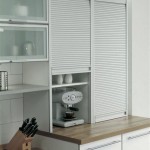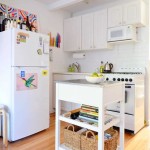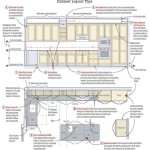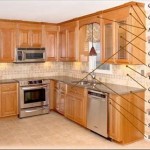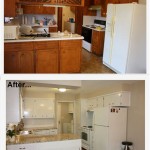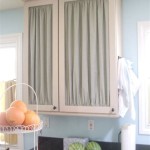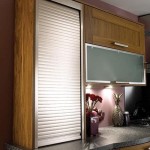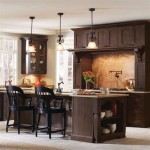Designing the Perfect Modular Kitchen Cabinets: Essential Aspects to Consider
Modular kitchen cabinets offer a versatile and efficient solution for modern living, enabling homeowners to customize their kitchen spaces to suit their unique needs and preferences. To create a functional and aesthetically pleasing modular kitchen, it is crucial to consider various essential aspects of cabinet design.
1. Space Planning and Layout
The first step in designing modular kitchen cabinets is to carefully plan the space and layout. Determine the available space, including the dimensions of the room and the placement of windows, doors, and appliances. Consider the work triangle concept, ensuring efficient flow between the sink, refrigerator, and stovetop.
2. Cabinet Styles and Materials
Modular kitchen cabinets come in a wide range of styles and materials. Choose a style that complements your overall kitchen design, whether it's traditional, contemporary, or modern. Consider the durability and maintenance requirements of different materials, such as wood, laminates, metal, or acrylic.
3. Cabinet Dimensions and Configurations
Determine the appropriate cabinet dimensions based on your storage needs and the available space. Cabinets can vary in height, width, and depth. Consider the use of different cabinet configurations, such as base cabinets, wall cabinets, corner cabinets, and pull-out drawers, to maximize space utilization.
4. Door Styles and Hardware
The door style and hardware can significantly impact the overall appearance of your modular kitchen cabinets. Choose door styles that complement the cabinet design, including flat panel, raised panel, or shaker styles. Select hardware that is both functional and aesthetically pleasing, such as handles, knobs, and pulls.
5. Interior Organization and Accessories
To enhance the functionality of your modular kitchen cabinets, consider adding interior organizers and accessories. These can include pull-out shelves, lazy Susans, spice racks, and other space-saving solutions. By organizing your cabinets effectively, you can maximize storage capacity and retrieve items easily.
6. Lighting and Ventilation
Proper lighting and ventilation are essential for a well-designed modular kitchen. Incorporate under-cabinet lighting to illuminate workspaces and showcase your cabinets. Consider adding a range hood or extractor fan to remove fumes and odors while cooking. This will not only enhance the aesthetics of your kitchen but also ensure a comfortable and healthy cooking environment.
7. Customization and Personalization
Modular kitchen cabinets offer the flexibility to be customized and personalized to meet your specific requirements. You can choose custom sizes, finishes, and accessories to create a kitchen that truly reflects your style. Consider adding decorative elements, such as crown molding, trim, or glass inserts, to enhance the visual appeal of your cabinets.
8. Durability and Maintenance
To ensure the longevity of your modular kitchen cabinets, consider the durability of the materials and the level of maintenance required. Choose materials that can withstand wear and tear, such as solid wood or high-quality laminates. Establish a regular cleaning and maintenance regimen to keep your cabinets looking their best for years to come.

Modular Kitchen Designs

10 Modular Kitchen Design Ideas Oppein

Modular Kitchen Designs For Small Kitchens Obk22 L06 Oppolia

Style Inspiration What To Know When Designing A Modular Kitchen Decoist

Length 500 375 Sq Feet Modular Kitchen Cabinet Starts From Rs 30000 00 Onwards Cabinets Cupboard Designs Furniture Design

Modular Kitchen Efficient By Design

Modular Kitchen Designs Tel Kitchens

Modular Kitchen Design Trends That You Must Know For 2024 Mccoy Mart

Things To Keep In Mind Before Designing A Modular Kitchen

7 Tips For Designing A Modular Kitchen On Spending Plan Modern Design Interior

